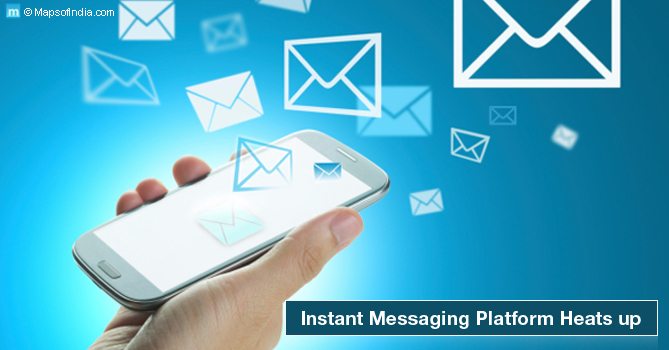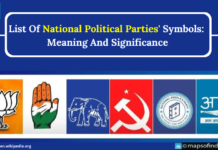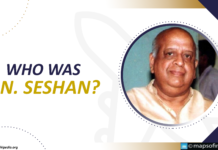Viber recently announced that its Indian user base had touched 40 million users and had emerged as their biggest market. The fact that India is a rapidly growing market for instant messaging can be seen by the fact that most of the popular IM service operators are in India and their user base is rapidly growing.
Viber faces stiff competition from the market leader WhatsApp and has others like WeChat, Line, Nimbuzz, Hike, Google Hangout, and Skype to contend with. So, is it the preferred choice for users in India?
Getting a Perspective on Instant Messaging
Before we begin comparing services it may be well to get a perspective on emerging trends in communication. From the time mobile phone services were launched, people have taken to communicating like never before. In the initial phase when call charges were very high, calling was restricted with communication being brief and to the point.
As call charges dropped, the conversations began to become more detailed but still remained restricted to what was necessary. But with call charges dropping to very affordable levels and with some very innovative and attractive options in service plans, people have now expanded the conversation to the frivolous and mundane. So much so that calling has now become an extension of one’s thought. We now tend to call the moment we think or feel about something.
With handset prices dropping to very affordable levels, the user profile and base has rapidly expanded to interior India, with user trends replicating urban experience.
When mobile phone services were becoming popular, no one imagined that there was latent market for instant messaging. After all, who would want to text when one can call? This is where the IM service companies scored. They identified a potential need and now the market is being driven by the youth, who in many cases prefer to message rather than call.
And this is where IM services like Viber and WhatsApp have stepped in to cash in on the opportunity. Japanese company Rakuten paid $ 900 million in 2014 to acquire Viber and it seems their investment is paying off with India alone accounting for 40 million users and growing.
Viber is growing fast in India but is it really the preferred messaging service over WhatsApp?
WhatsApp is the leader in IM services in India and their market share is growing too. If one were to breakdown the type and percentage of messages that are shared over WhatsApp, sharing ‘jokes’ and related pictures and video, would account for the largest single segment and this has been one of the biggest drivers for the service.
However, there is a large percentage of WhatsApp users that also have Viber, but since sharing of ‘jokes’ is the preferred on WhatsApp, this tends to be the preferred service over Viber. There is a large set of Viber users that began using Viber on account of unique ‘free calling’ service at the time and have remained loyal ever since.
WhatsApp, on the other hand, never offered ‘free calling’, but given Viber’s growing appeal, has been forced to respond with a ‘free calling’ service as well. Initially it was restricted to Android users but recently they have expanded their service to iOS users too. Windows Phone users will have the facility available shortly.
On the ‘calling’ feature both services differ. Viber’s User Interface is more feature-rich and therefore more suitable for high-end smartphones, whereas, WhatsApp is more ‘no frills’ and functional.
In terms of voice quality, Viber scores in offering superior voice quality over WhatsApp. In WhatsApp’s case, the voice quality is better on 3G or Wi-Fi than on 2G bandwidth.
So, what was unique to Viber and the principle reason for them to grow, especially in India, is now being offered by their closest competitor. Therefore, it remains to be seen if Viber will continue to hold its own against WhatsApp.
Initially, Viber had an edge over WhatsApp as it could be used on other devices like a PC or laptop by installing a desktop programme. However, WhatsApp caught up by offering a web client using the web browser, without the need to install any programme.
So, while Viber held an edge for a certain period of time over WhatsApp, namely with ‘free calling’ and ‘multiple device’ advantage, WhatsApp has largely caught up with Viber by offering these features to its users, while continuing to hold an edge over the overall market share over Viber.
A Game Changing development for WhatsApp
In a game changing development in favour of WhatsApp, it is being reported that Facebook is planning to add a WhatsApp ‘button’ along with the ‘Likes’ icon, to offer messaging services to both Facebook and WhatsApp users. Apparently, Facebook is exploring deep integration of services to enable seamless access between both services. This will make it easy for content published on Facebook to be shared instantly to ‘contacts’ on WhatsApp and vice versa.
The coming together of the world’s largest social media service with the world’s largest messaging service, can be a game changer for the instant messaging industry and give a decisive edge to a service like WhatsApp over all its rivals. The potential can be gauged by the fact that Facebook has over 700 million users and the potential for content sharing and exchange between services is tremendous.
How the users adapt and respond to these developments is yet to be seen but one thing is certain – Instant Messaging is here to stay and will continue to grow in times to come. For the moment, WhatsApp seems to hold the advantage over Viber but as with technology and cricket, tomorrow can always throw up unexpected surprises!
Read more:




